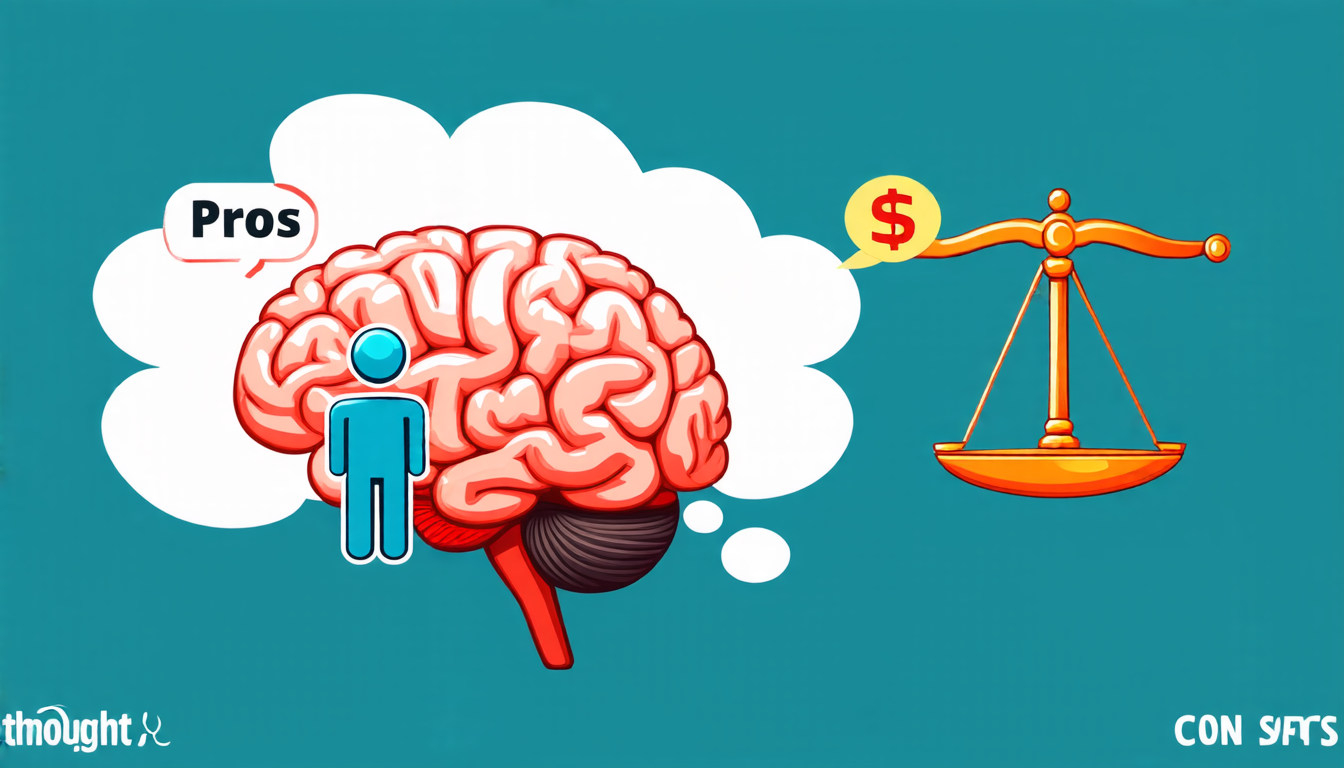Saturday 22 November 2025
Researchers have made a significant breakthrough in understanding how our minds work, and it’s all about the internal dialogue we have with ourselves. You know that constant chatter in your head? The one that’s always weighing pros and cons, or replaying conversations you had earlier? It turns out that this inner monologue is actually a complex process involving different levels of consciousness.
The study, published recently, proposes a new framework for modeling artificial intelligence that mimics the way our brains work. By simulating self-awareness, preconsciousness, and unconsciousness, researchers have created an AI system that can make decisions based on emotional reasoning, just like humans do.
So, what does this mean? Well, let’s break it down. Self-awareness is about being conscious of your thoughts and emotions. Preconsciousness refers to the process of processing information outside of our immediate awareness, like how we’re aware of our surroundings without actively thinking about them. Unconsciousness, on the other hand, is all about the emotions and desires that drive us, often beneath our radar.
The researchers have developed an AI system that can simulate these different levels of consciousness by creating a sort of internal dialogue. This allows the system to make decisions based not just on logic, but also on emotional reasoning. For example, if the AI were asked to decide whether to take a risk or play it safe, it would weigh the pros and cons, consider its own emotions and desires, and then make a decision.
What’s fascinating about this approach is that it allows the AI to develop its own personality traits, just like humans do. It can become more decisive or indecisive, depending on its internal dialogue. This means that the AI system can adapt to different situations and respond in a way that’s more human-like.
The implications of this research are far-reaching. For one, it could lead to more sophisticated AI systems that can interact with humans in a more natural way. Imagine being able to have a conversation with an AI system that feels like you’re talking to another person, not just a machine.
But beyond the tech itself, this research also sheds light on how our own minds work. By studying the internal dialogue of an AI system, researchers can gain insights into human psychology and behavior. This could lead to better treatments for mental health conditions, or even new ways of improving our own decision-making processes.
Cite this article: “Unlocking the Power of Internal Dialogue: A New Framework for Artificial Intelligence and Human Psychology”, The Science Archive, 2025.
Artificial Intelligence, Internal Dialogue, Consciousness, Self-Awareness, Preconsciousness, Unconsciousness, Emotional Reasoning, Decision-Making, Personality Traits, Psychology







